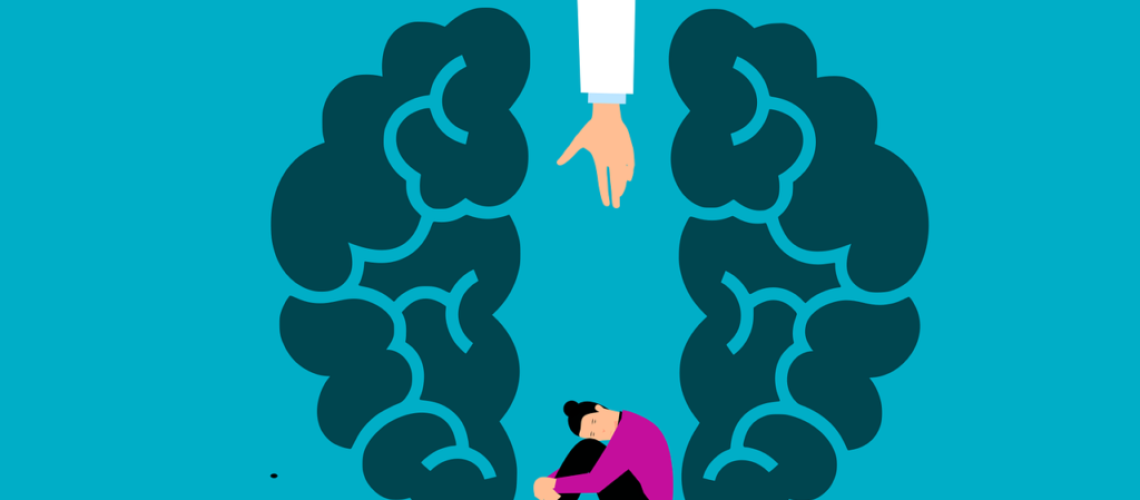Anxiety is a common mental health condition that affects millions of people worldwide. While medication can be helpful in managing symptoms, cognitive-behavioral therapy (CBT) has been shown to be highly effective in reducing anxiety and improving overall mental health. In this blog post, we’ll explore the benefits of CBT for anxiety and why it may be the right choice for you.
Evidence-Based Approach
One of the main benefits of CBT for anxiety is that it is an evidence-based approach. Numerous studies have shown that CBT is highly effective in reducing anxiety symptoms and improving overall mental health. This means that clients who seek CBT for anxiety can feel confident that they are receiving a treatment that has been proven to work.
Tailored to the Individual
Another benefit of CBT for anxiety is that it is a highly individualized approach. During CBT sessions, therapists work with clients to identify specific thought patterns and behaviors that may be contributing to their anxiety. This allows therapists to tailor treatment plans to each client’s unique needs, which can lead to more effective outcomes.
Teaches Coping Skills
CBT for anxiety is also beneficial because it teaches clients coping skills that they can use in their daily lives. Clients learn how to identify and challenge negative thought patterns, as well as how to manage anxiety symptoms when they arise. These skills can be invaluable in helping clients feel more in control of their anxiety and improving their overall quality of life.
Focuses on the Present
Another benefit of CBT for anxiety is that it focuses on the present moment, rather than dwelling on past traumas or future worries. This can be particularly helpful for clients who struggle with generalized anxiety disorder or social anxiety, as these conditions often involve excessive worry about the future. By teaching clients to focus on the present, CBT can help reduce anxiety symptoms in the moment.
Provides Long-Term Benefits
Finally, CBT for anxiety is beneficial because it provides long-term benefits. Unlike medication, which may only provide temporary relief from anxiety symptoms, CBT can help clients develop coping skills that they can use for the rest of their lives. This means that clients who receive CBT for anxiety are less likely to experience anxiety symptoms in the future, even after treatment has ended.
CBT
In conclusion, cognitive-behavioral therapy is an effective treatment for anxiety that offers numerous benefits to clients. Whether you’re struggling with generalized anxiety disorder, social anxiety, or another type of anxiety, CBT can help you develop coping skills, challenge negative thought patterns, and improve your overall mental health. If you’re considering CBT for anxiety, be sure to consult with a licensed therapist who specializes in this approach. With the right therapist and the right treatment plan, you can learn to manage your anxiety symptoms and live a happier, healthier life.

